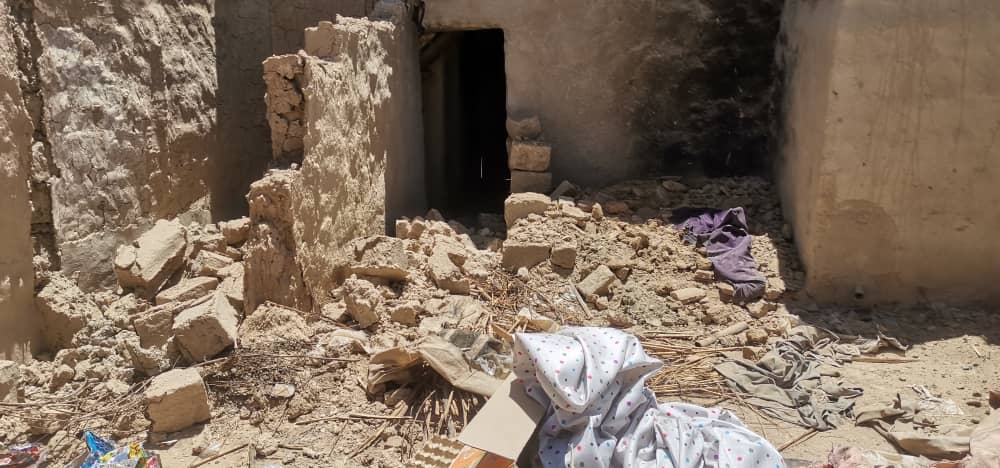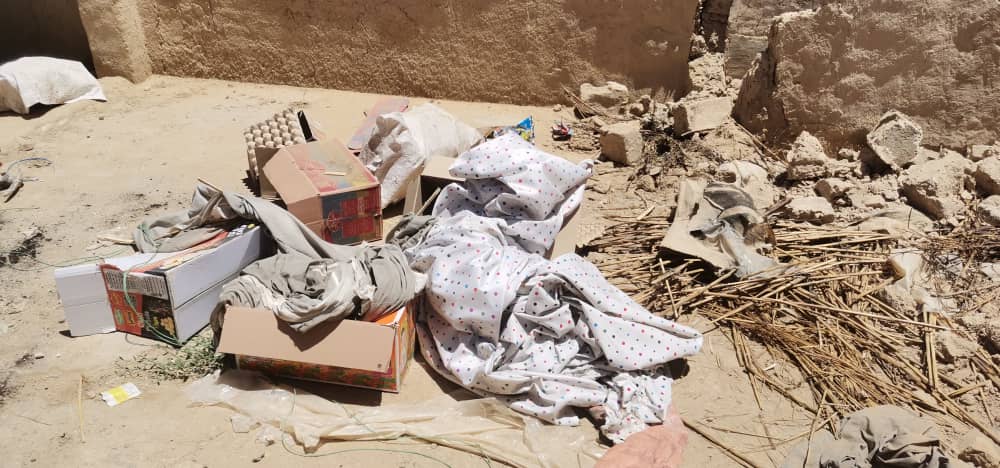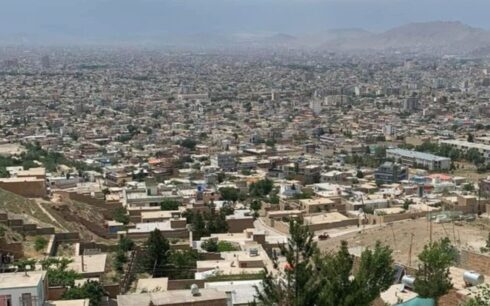Taliban has begun demolishing informal settlements for internally displaced people in Kabul, resulting in more than 800 vulnerable families, around 6,000 people, becoming homeless, according to a statement by the Norwegian Refugee Council (NRC).
The NRC has urged the Taliban to immediately halt the ongoing evictions until appropriate longer-term solutions for relocation have been identified.
“I am deeply shocked by Sunday’s forced eviction of around 6,000 internally displaced people in the capital. These are some of the most vulnerable communities in Afghanistan. Several families that our teams in Kabul spoke to reported that they had nowhere to go after the authorities demolished their homes,” said Neil Turner, NRC’s country director in Afghanistan.
“We call on the Afghan authorities to act compassionately and uphold their obligations under international humanitarian and human rights law and the Afghan National Policy, which protect internally displaced people from being forcibly removed from their homes. Until legal safeguards, due process, and the provision of alternative housing are in place, the authorities must stop all further evictions and demolitions of informal settlements.”

The NRC noted that Afghanistan is still grappling with growing humanitarian and socioeconomic crises that have devastated the population since the Taliban takeover in August 2021.
At the end of 2023, 4.2 million people were internally displaced due to conflict and violence, and 1.5 million were displaced by disasters, the NRC reported.

The sudden return of around 600,000 vulnerable Afghans from Pakistan since last September has dramatically increased the number of displaced persons in the country, placing additional burdens on already stretched resources, the NRC said.
“We are greatly concerned about the current situation where the authorities keep repeating these evictions of the most vulnerable displaced communities across the country, forcing the affected families into new cycles of never-ending displacement,” Turner added.





